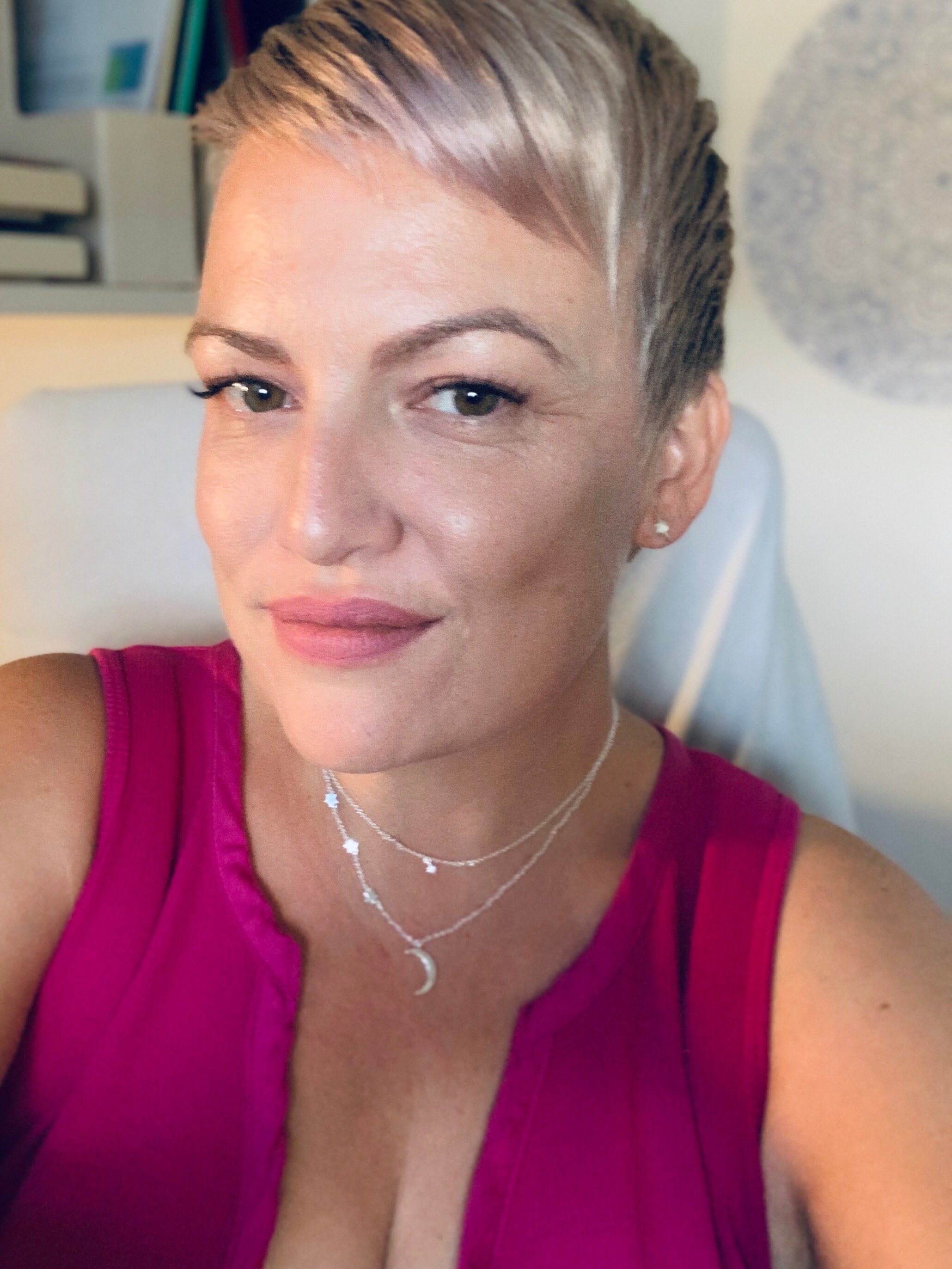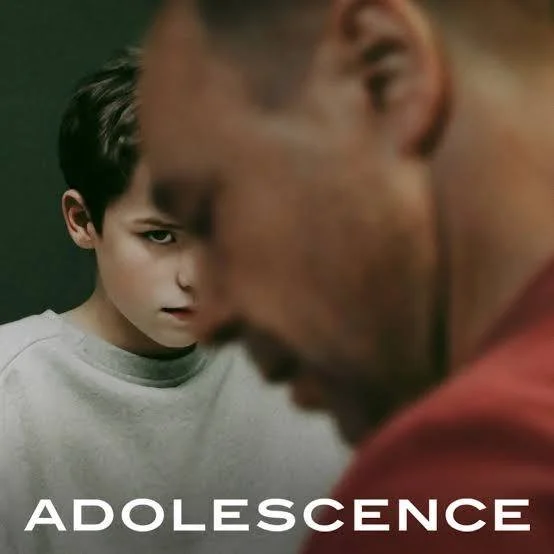Adolescence
Cooper and I watched Adolescence on Netflix and were genuinely moved by the impact of its storyline. Bullying is something both Cooper and I have talked about extensively all of his life, as I also did with Brianna. That was because I was bullied severely as a child in primary school, and my parents did so little to help me that I swore I would do differently. When Brianna started school, I took several parenting courses on offer at that time (early 2000s), including going to talks by experts in the field and doing therapy myself and with the kids. This hasn't prevented my kids from being bullied, but I have prevented things from escalating by always allowing open communication from my kids; they both know very well that they can come to me and talk about anything that distresses them, and I will do my best to help. (Most folks have seen my social media posts outing bullies and calling them on their behaviour).
Bullying for me started in grade one of primary school when my Mother moved me from Grafton, a regional town in New South Wales, to Adelaide, the capital of South Australia. Changing schools at any age is hard, but this one was particularly traumatic, given the circumstances of my parent’ separation and being ripped away from all other external family. In grade two, I was being bullied regularly, and I even physically assaulted one of the bullies when I attempted to stand up for myself by punching her in the nose as per my stepdad's instructions. This got me into serious trouble, and the bullies were let off, and they only went harder at me when I got out of detention. By grade three, things came to a boil when the bullying went to the next level by way of a fake magazine being drawn up (literally pencils and paper, held together by staples in book form) by a large group of classmates. It was full of hate messages and pictures directed towards me and about me. (yep, before social media existed!) This time, the teachers or the principal did not blame me, but my Mother was advised to move me out of the school for my safety. This was 1986, and no real anti-bullying programs were running in private or public schools, and there certainly was no compassion for the child suffering it. My Mother, however, should have done more at this point because even though she moved me to a new school as she was instructed to do, and it was bully-free, she didn't help me deal with the issues that pertained to the bullying because she never talked to me any more profoundly than telling me to eat my cereal and clean my room, in fact, I would be banished to my room for being a sook and a hindrance to her. I certainly did not receive any counselling or therapy. These unresolved issues manifested later during my teens in ways that were self-harming to myself rather than hurtful towards others, but both are equally dangerous.
I will write more about this topic in the future, though I will leave you with this: Communication with your children about emotions, teaching them what they are and how to process them healthily, and observant attitudes to their social lives needs to start at a very young age and remain fiercely strong throughout their years into young adulthood.
Changing our poor mental health statistics and ceasing bullying means taking the secrets out of childhood.

